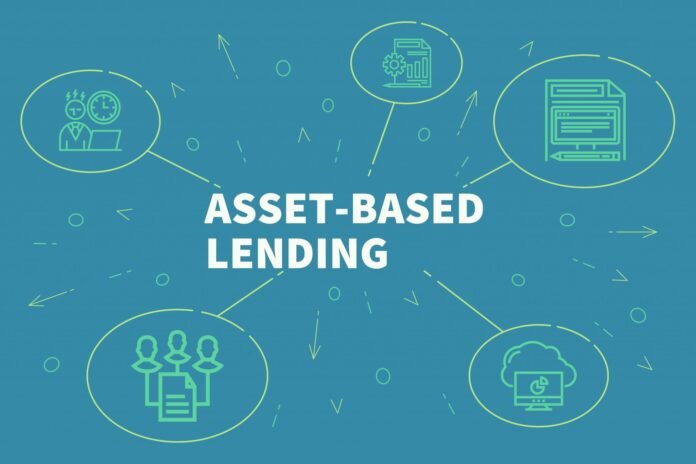Last Updated on January 23, 2024 by Asfa Rasheed
Starting and scaling a business in the competitive landscape of the United Kingdom requires financial acumen and strategic planning. One key aspect that savvy entrepreneurs often explore is asset-based loans.
In this detailed guide, we’ll delve into everything you need to know about asset-based loans in the UK, from understanding the basics to optimizing your approach for maximum benefits.
Asset-Based Loans Explained
These financial instruments allow businesses to leverage their assets, such as inventory, accounts receivable, and equipment, as collateral for securing UK business loan. This can be a game-changer for companies seeking capital without resorting to traditional financing options.
Advantages of Asset-Based Loans
- Flexibility in the Use of Funds
Asset-based loans offer unparalleled flexibility in how you utilize the borrowed capital. Whether you need to fund new projects, expand operations, or manage cash flow, these loans empower you to allocate funds where they are most needed.
- Working Capital Boost
Asset-based loans provide a reliable solution to bolster working capital for businesses facing seasonal fluctuations or cyclical patterns. This ensures a steady financial foundation throughout the year.
- Qualifying for Asset-Based Loans
Understanding the criteria for qualifying is crucial. Lenders typically assess the value and liquidity of your assets. The stronger your asset portfolio, the higher the loan amount you can secure. This process is less focused on credit history, making it an attractive option for businesses with less-than-stellar credit.
Types of Assets Considered
Accounts Receivable
Accounts receivable, the money owed to your business by customers, are prime candidates for collateral. Lenders evaluate the quality of your receivables and may advance a percentage of their value.
Inventory
If your business maintains a substantial inventory, you can leverage it as collateral. This is particularly advantageous for retail and manufacturing enterprises.
Equipment and Machinery
Capital-intensive industries can benefit from pledging equipment and machinery. Lenders assess the value and condition of these assets to determine loan eligibility.
Choosing the Right Lender
Picking the right lender is paramount for a successful UK business loan experience. Look for financial institutions with expertise in your industry and a track record of supporting businesses similar to yours. Additionally, consider the terms and interest rates to ensure they align with your financial goals.
Mitigating Risks and Pitfalls
Diligent Asset Valuation
Conduct a thorough and accurate valuation of your assets to avoid complications during the loan process. Providing precise information enhances your credibility with lenders.
Regular Monitoring of Asset Values
Asset values can fluctuate, impacting your loan agreement. Regularly monitor the value of pledged assets and keep your lender informed of any significant changes.
The Future of Asset-Based Loans in the UK
As the business landscape evolves, so do financing options. Asset-based loans are poised to remain a relevant and dynamic solution for businesses seeking growth opportunities in the UK. Stay abreast of market trends and continue optimizing your financial strategy to stay ahead.
Conclusion:
An asset-based loan can be a strategic financial tool for businesses in the UK. From providing flexible capital to mitigating risks, these loans offer a unique avenue for growth. By understanding the nuances of asset-based lending, selecting the right lender, and proactively managing risks, your business can unlock new levels of success. Take the leap, explore the possibilities, and empower your business growth with asset-based loans.




















